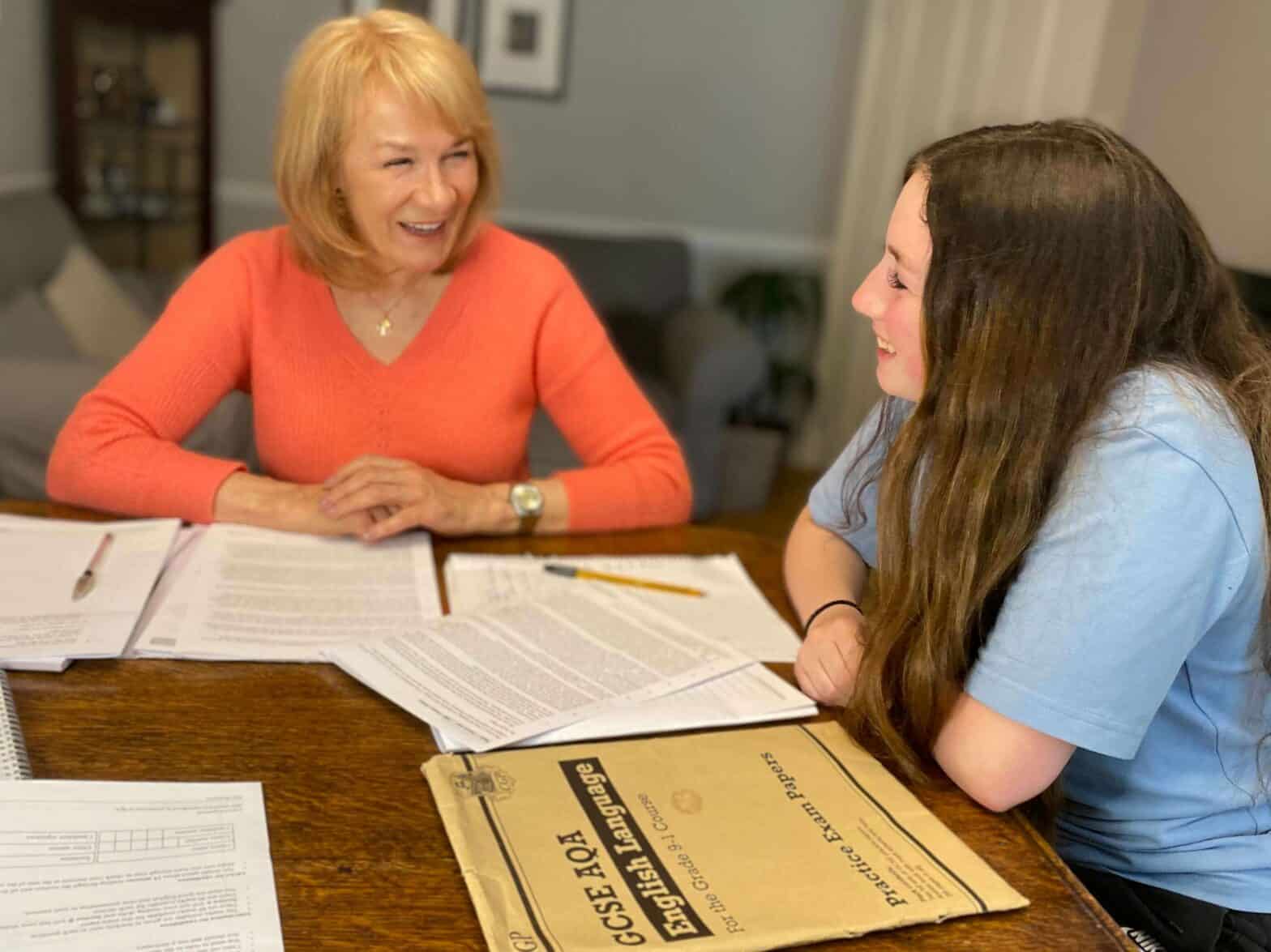As a parent, it is understood you want to provide the best opportunities for your child. When it comes to subjects like GCSE English, where communication skills are vital, finding the right tutor to support school studies can make a significant difference. In this blog we offer advice to help you select a private tutor who can enhance your child’s learning experience and boost their performance in English.
1. Assess Your Child’s Needs
Before you even begin to search for a tutor, you need first to be clear what your child’s specific needs and goals are. What are the areas in which they are struggling, or wish to improve? It could be essay writing, analysis or exam techniques. Discuss your child’s needs with them, so you are clear of their expectations. This will help when selecting a tutor who can address their needs and tailor their teaching accordingly. The more your child is involved in and committed to the process, the better the results are likely to be.
2. Qualifications and Experience
Qualifications and experience are key factors to consider. Look for tutors with a degree in English or a related field such as Literature or Linguistics, as well as teaching certification. Additionally, look at their experience in teaching GCSE-level English, look at reviews or ask for testimonials from previous students or parents. An experienced tutor will have a deep understanding of the specification, marking criteria, and effective teaching methods, all of which helps to ensure they can provide valuable guidance and support to your child.
3. Teaching Style and Approach
Every child learns differently, so finding a tutor who can adapt their teaching style to match your child’s needs is crucial. Speak to potential tutors about their teaching approach and methods. Some students thrive with a more structured and formal approach, while others respond better to interactive sessions. A skilled tutor should be able to gauge your child’s learning style and adapt their teaching methods to suit, making the learning process enjoyable and effective.
4. Availability and Commitment
Think about the availability and commitment of the private tutor you are considering. Determine how many sessions a week your child requires and discuss the tutor’s availability to accommodate these needs. It is important to choose a tutor who can commit to a consistent schedule and provide ongoing support throughout the exam preparation period. Discuss how hey propose to communicate with you as a parent – their client – to discuss progress and address any concerns that may arise.
5. Cost and Value
Private tutoring services come at various price points, so it’s essential to consider the cost and value proposition. While it’s important to find a tutor within your budget, remember that quality education is an investment. Cheaper options may not always provide the level of expertise and personalized attention your child needs. Look for a balance between affordability and the tutor’s qualifications, experience and track record. Consider the long-term benefits that your child may gain from the guidance and knowledge of a well-qualified tutor.
Remember, an excellent tutor not only imparts knowledge, but also inspires confidence and a love for the English language, setting your child on a path to success in their exams and beyond.
